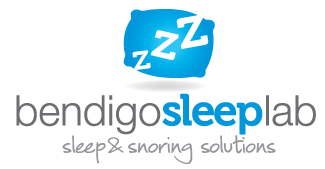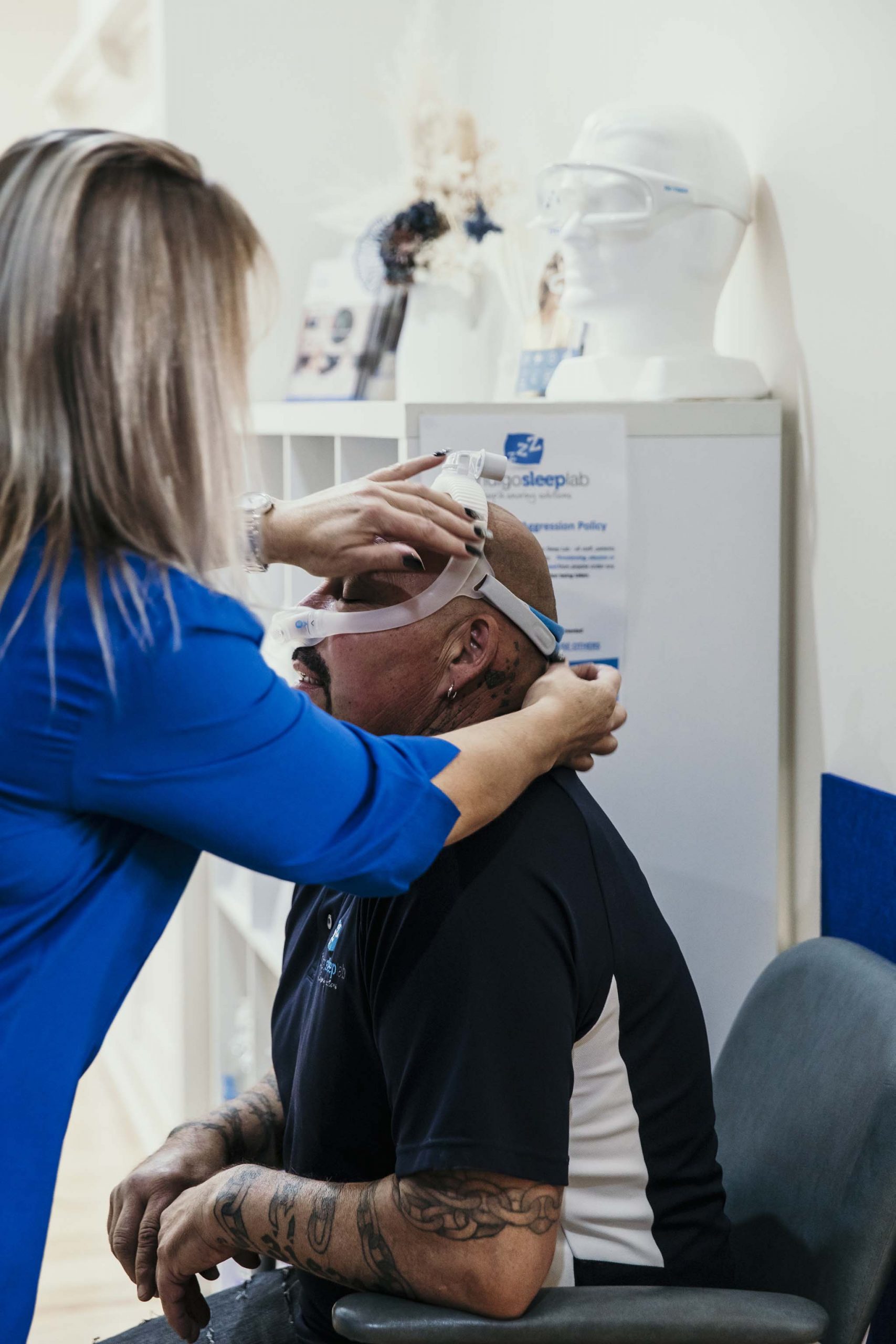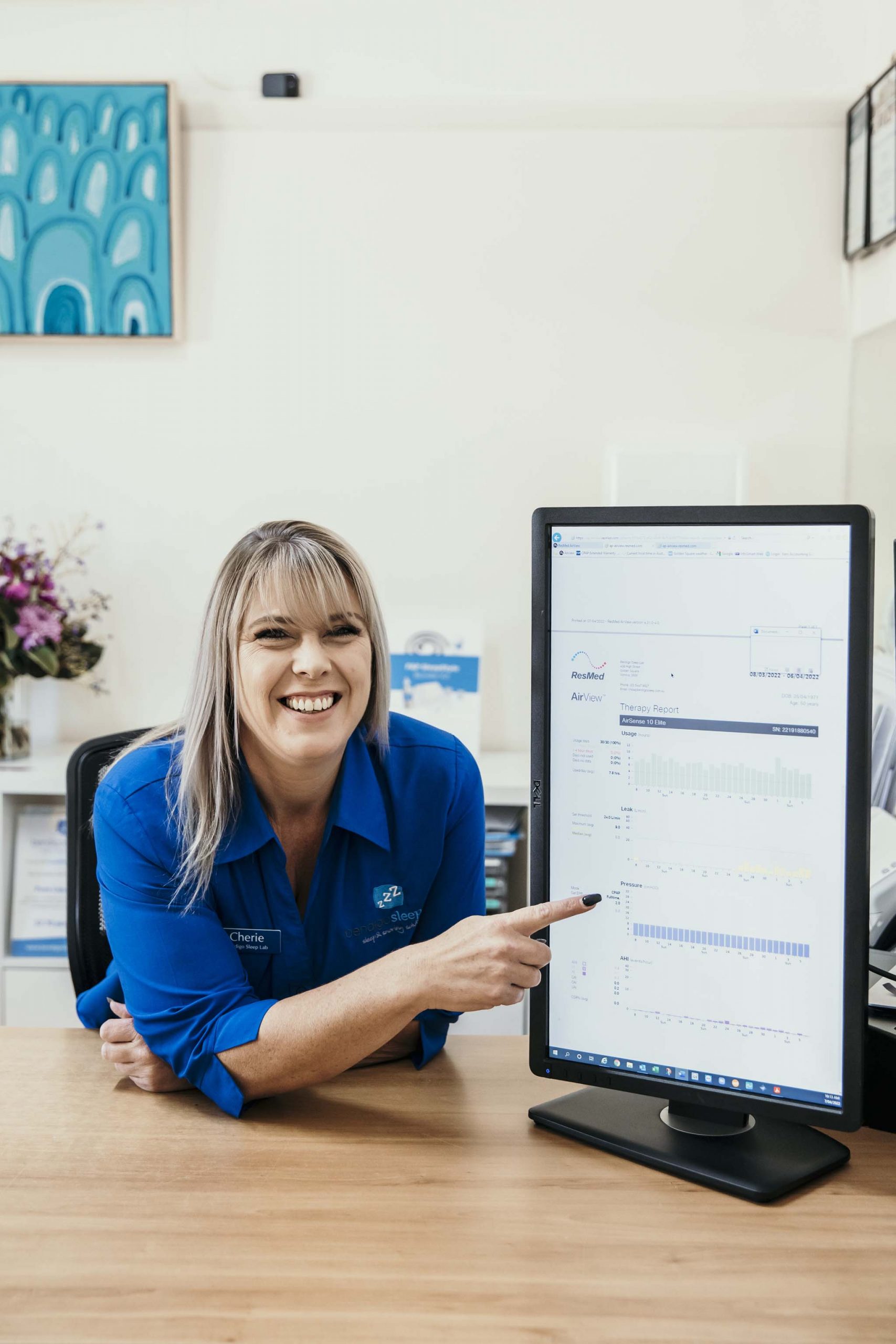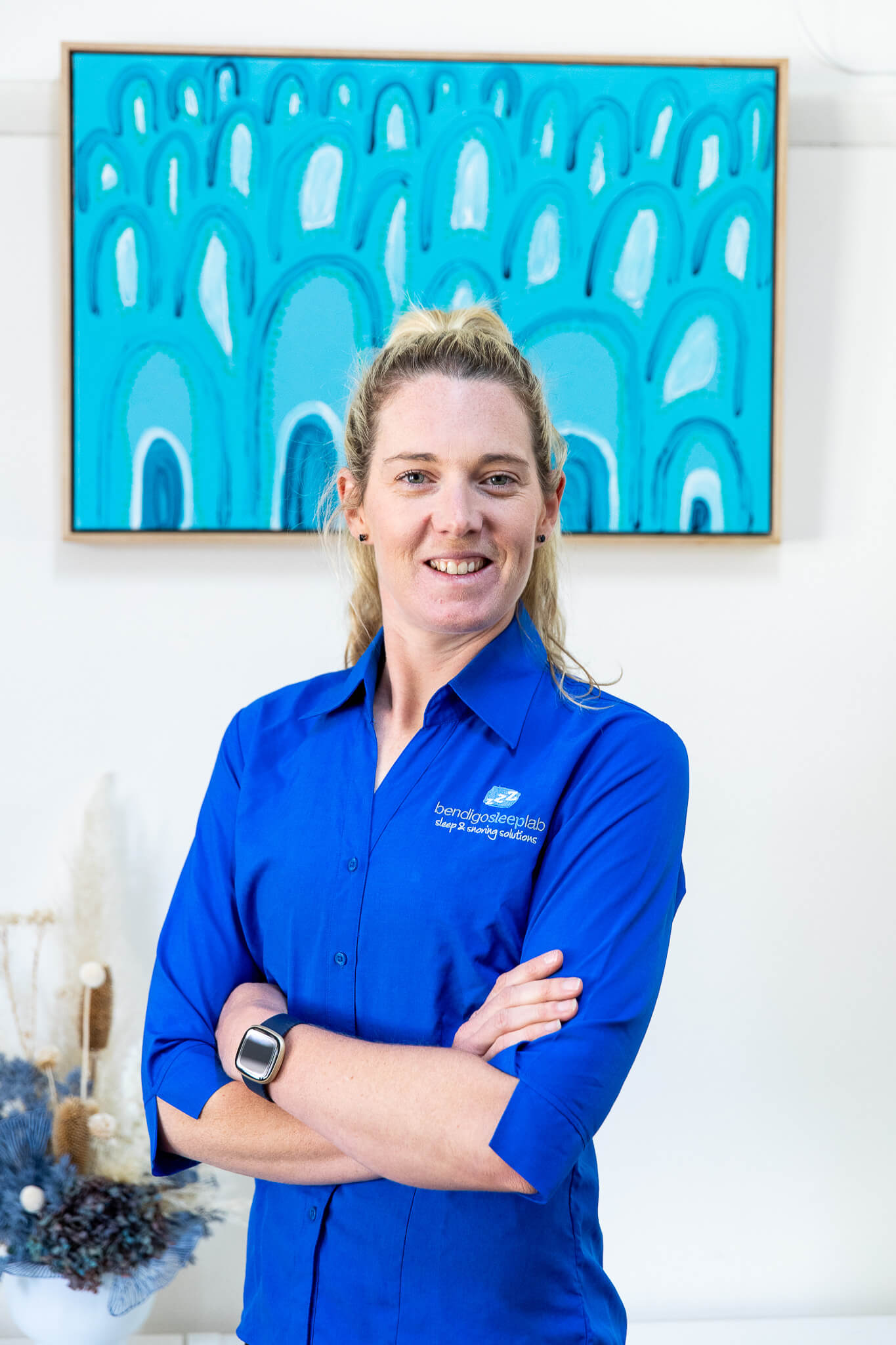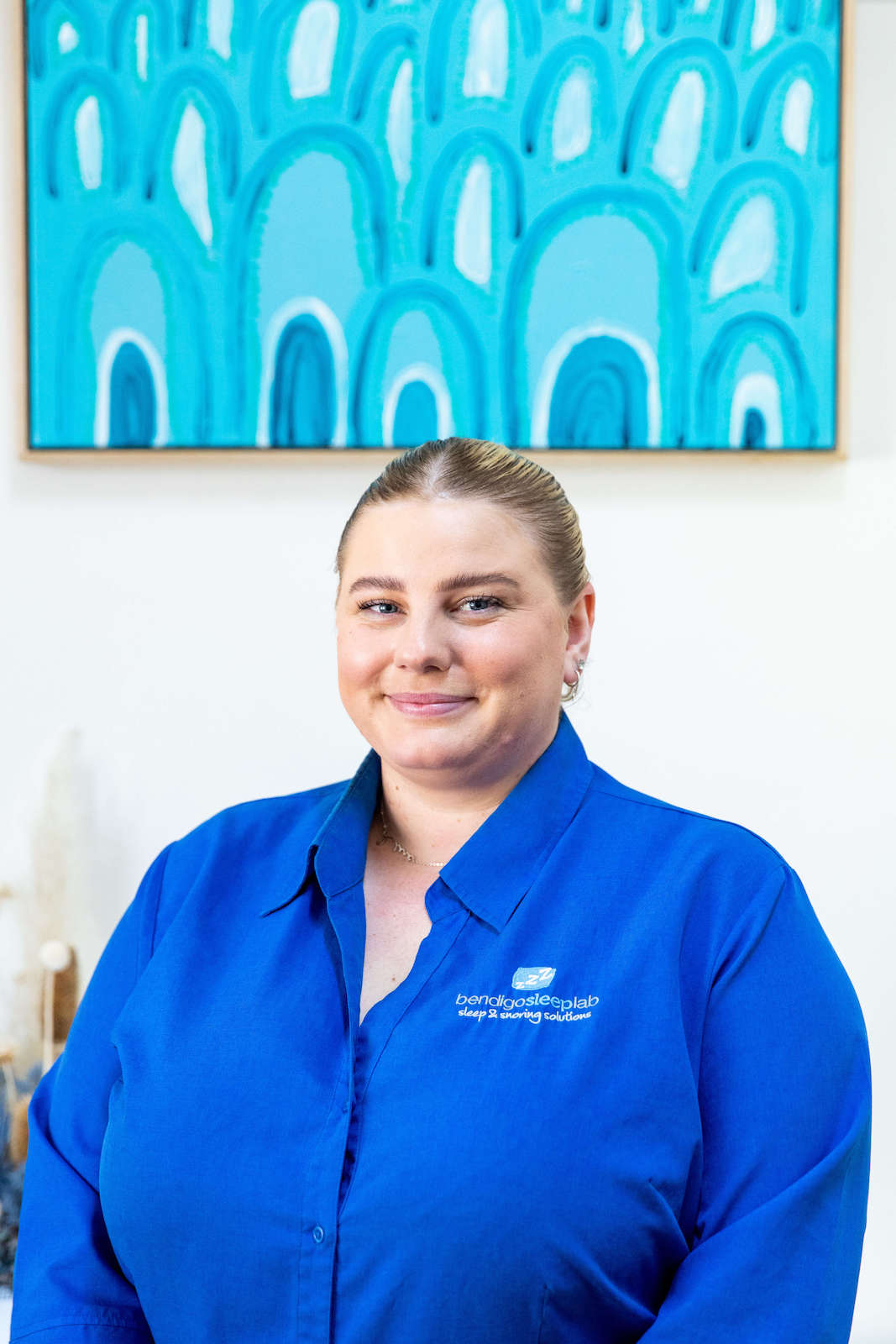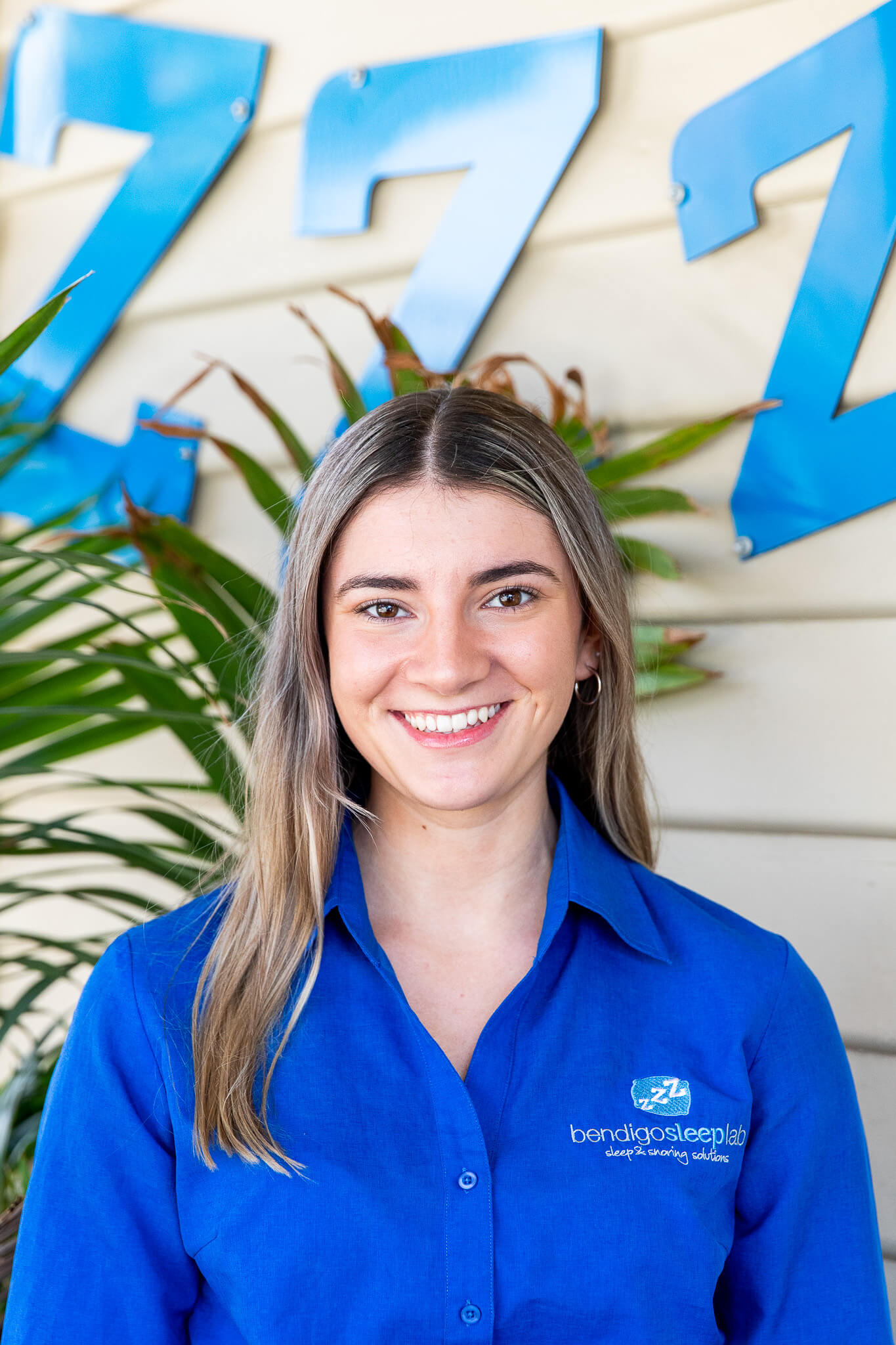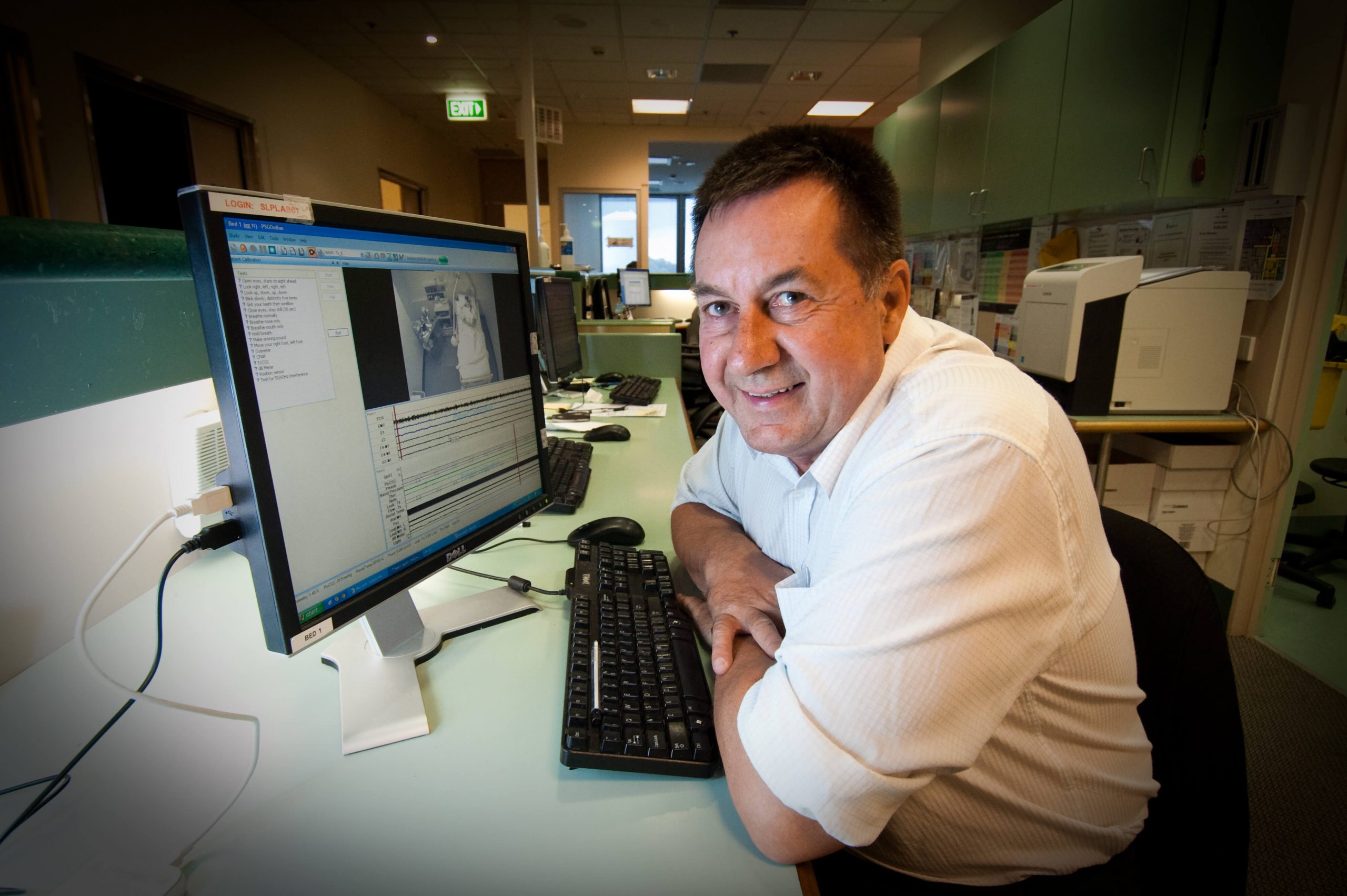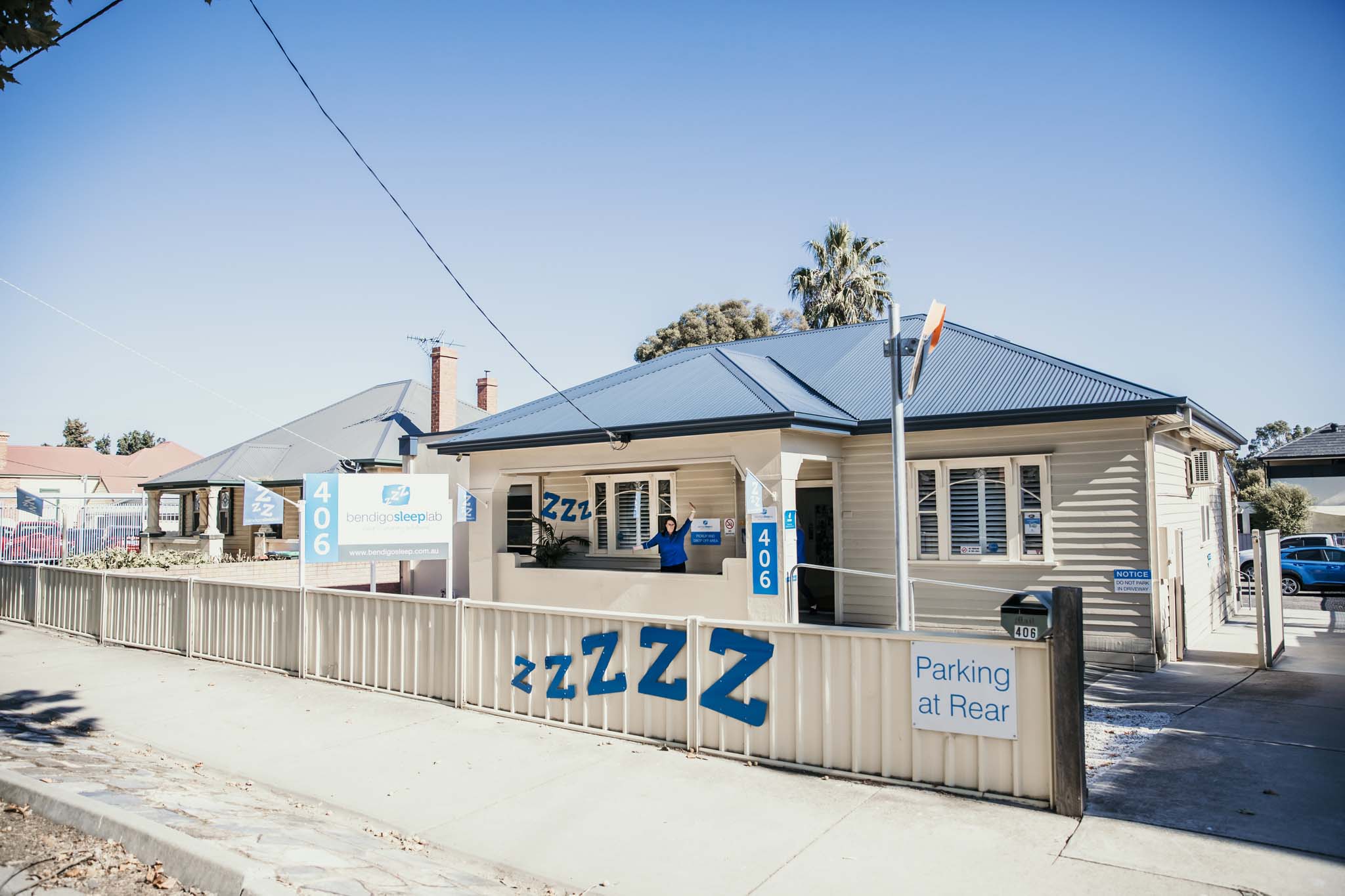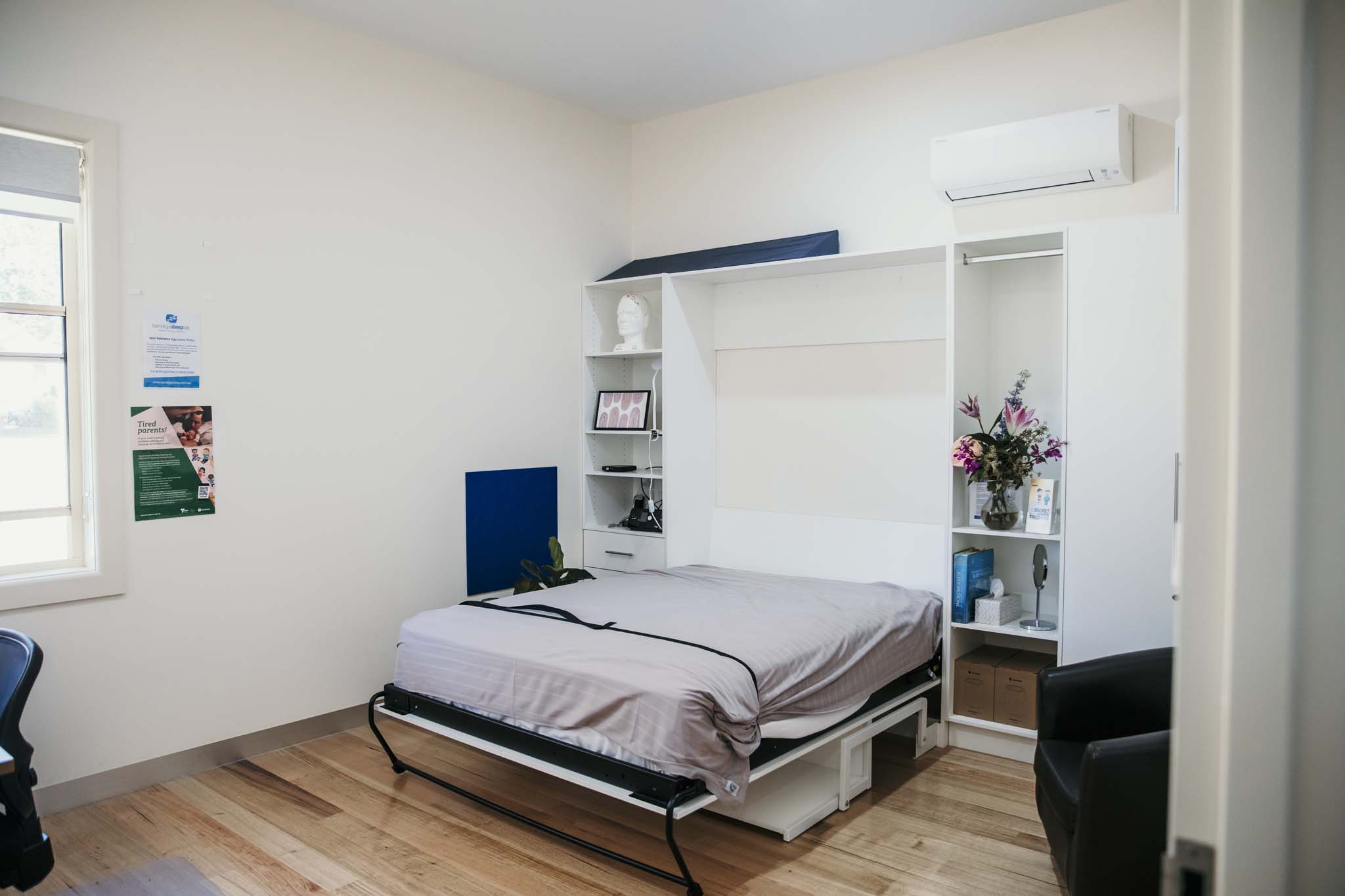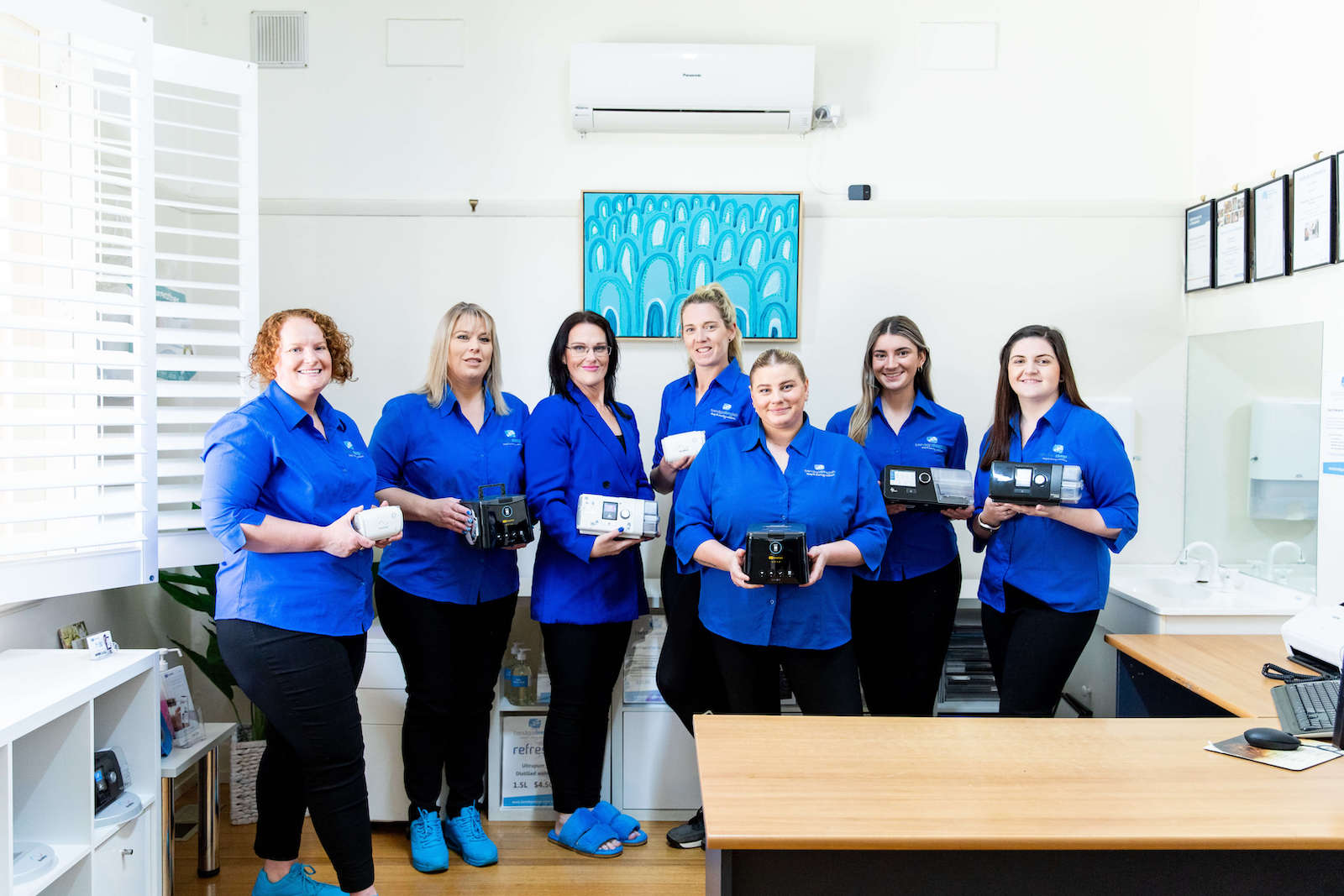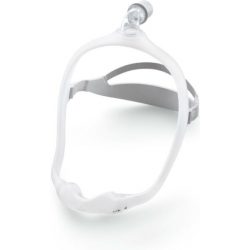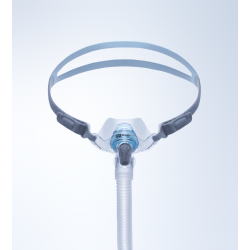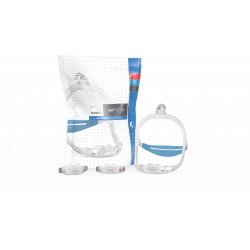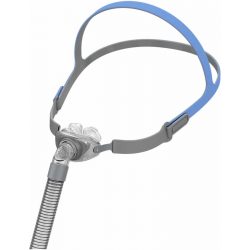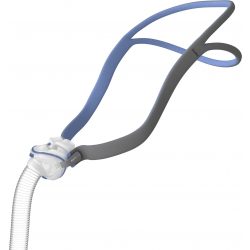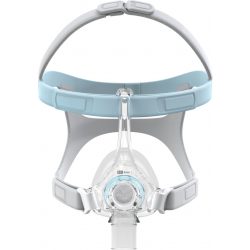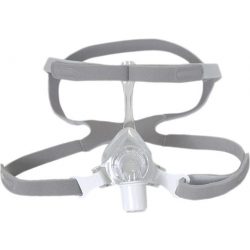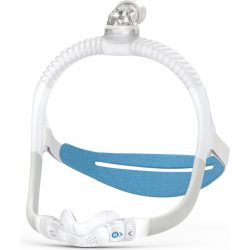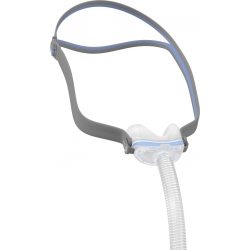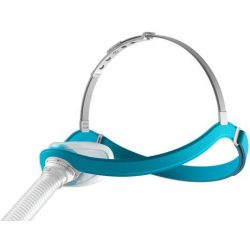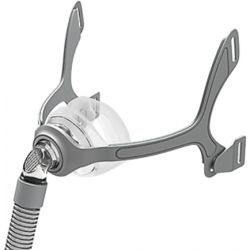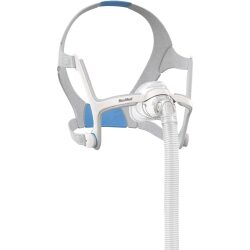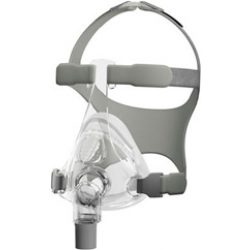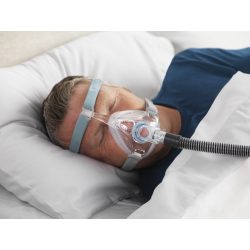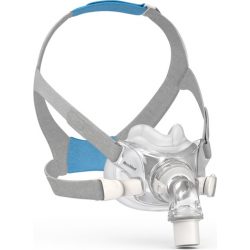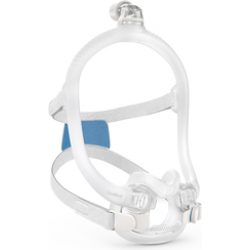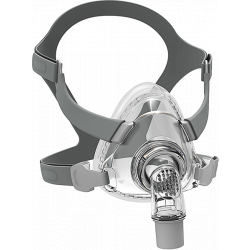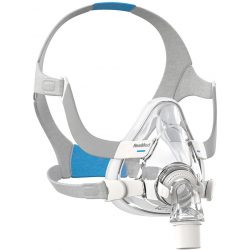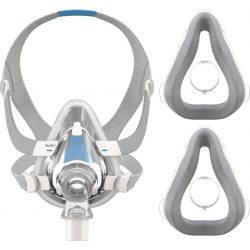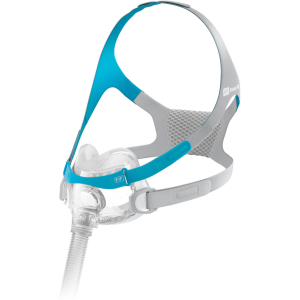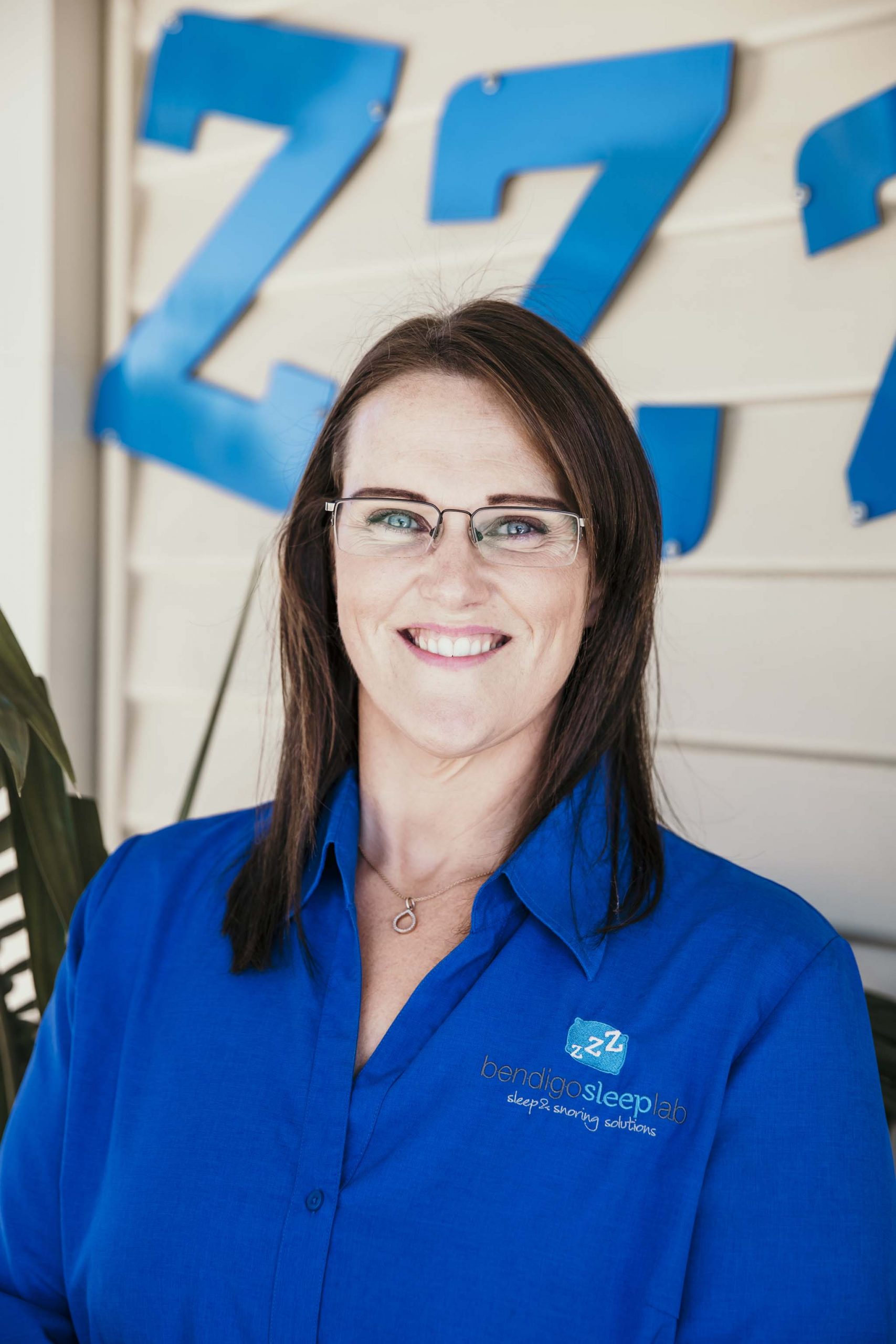Continuous Positive Airway Pressure (CPAP)
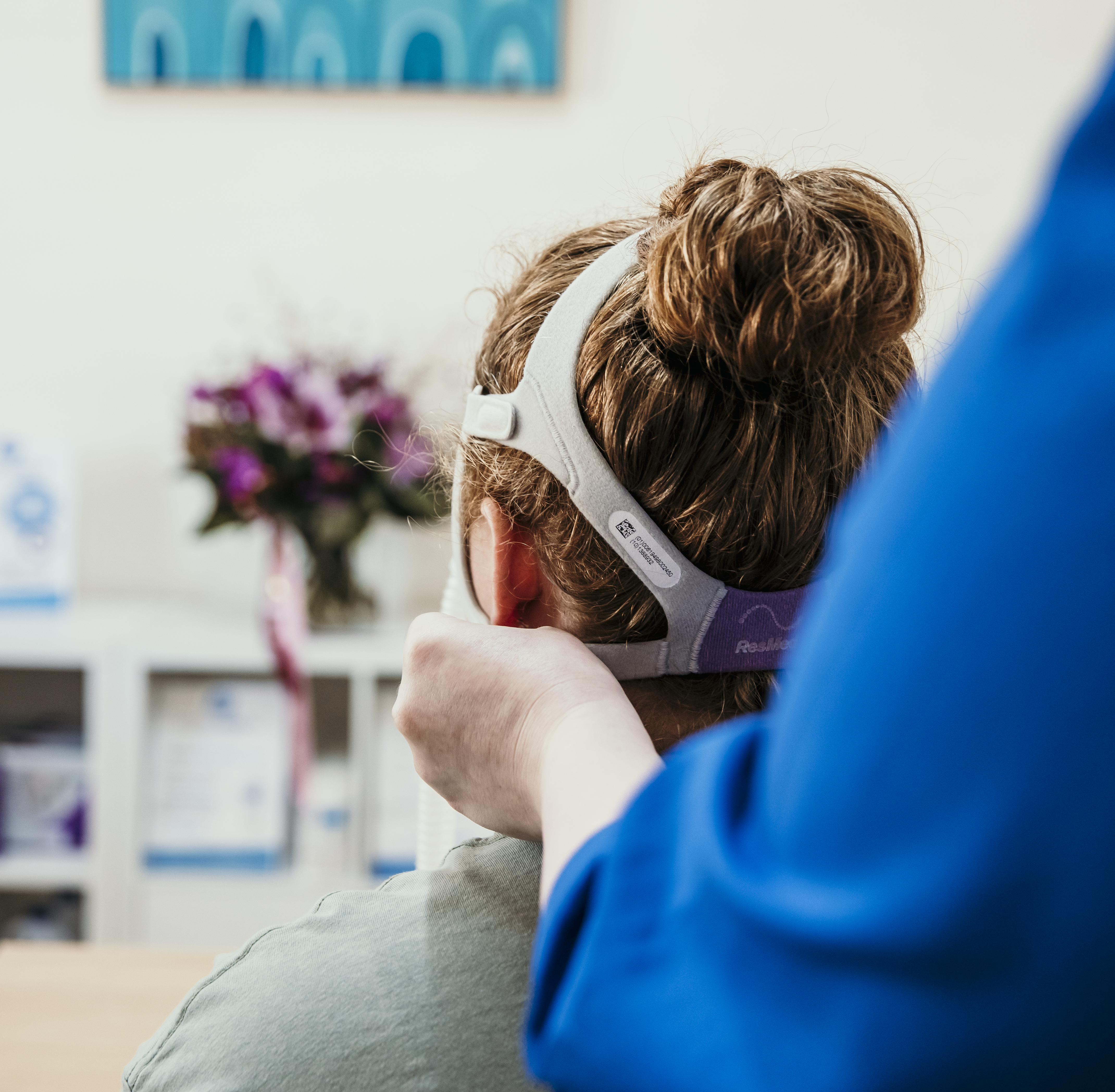
At Bendigo Sleep Lab we provide both a rental and sales service for CPAP therapy, looking after you from the diagnosis, through trials and even with supply of spare parts and ongoing therapy. If you choose to rent before purchasing your equipment, your pump rental will be credited back to you when you purchase your own equipment at the end of the trial.
The standard rental program is a month long, during this time we expect to touch base with you weekly to assess the quality of your treatment and to assist you in becoming a compliant CPAP user.

Misconceptions about CPAP
The masks are uncomfortable…
Once again, if we go back a few years, yes… However, come in and check out the latest masks, soft and silky! Manufactures of CPAP equipment bring out new masks all the time, with the aim of being more comfortable than the last. There is a HUGE range to choose from!

What is Sleep Apnea?
Sleep Apnea and snoring are common Sleep-Disordered Breathing (SDB) problems that can affect your sleep, health and overall quality of life. Normally the muscles that control the upper airway relax during sleep, if they relax too much, the upper airway becomes narrow and some people begin to snore. If the airway becomes too narrow, this may cause breathing difficulties sometimes, the airway becomes completely blocked and the person temporarily stops breathing, they are experiencing an “obstructive Apnea.” The Apnea can last for ten seconds or more, it may happen frequently and even several hundred times a night.
“Excessive daytime sleepiness, Heavy snoring, Poor concentration and Poor memory are all signs that you may be suffering from Sleep Apnea”
Airway opened
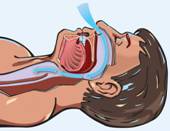
Airway narrow
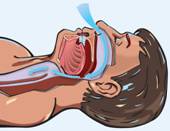
Airway closed
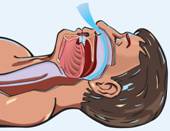
CPAP FAQs
What is CPAP therapy?
- CPAP stands for Continuous Positive Airway Pressure.
CPAP therapy is the gold standard of treatment for obstructive sleep apnoea. A CPAP machine provides air at a constant prescribed pressure. The air is delivered to you through a tube and a CPAP mask. CPAP therapy provides a constant airflow which keeps the airway open so uninterrupted breathing is maintained during sleep. The air stream eliminates sleep apnoea events (obstructions, also referred to as AHI – see more on this below) and allows you to get a restful and restorative sleep.
The level of air pressure required to maintain your airway is determined during your sleep study. Your doctor will write a prescription for a CPAP machine set at a specific pressure (CPAP) or between a range of pressures (APAP).
Do I need a CPAP or APAP machine?
The difference between CPAP and APAP relates to the pressure required to hold the upper airway open. CPAP is also known as fixed-pressure, which means a single pressure level is set by your sleep specialist based on the average or maximum pressure required to prevent your apnoeas and hypopneas. APAP devices, however, can automatically adjust the pressure required to keep your airway open (also known as automatic, or variable-pressure). Instead of a fixed-pressure (for example, 10cm), APAP machines are built to fluctuate within a range of pressures as they deliver air, constantly adjusting to the minimum pressure needed to keep airways open. APAP machines have a complex algorithm that detects on a breath-by-breath basis the pressure required at that moment to prevent apnoea events. APAP devices deliver higher pressures during deep stages of sleep when needed, but then reduce pressure during the lighter stages of sleep making therapy reportedly more comfortable. An APAP prescription is typically a range between 4cm – 20cm of pressure
When should I start feeling better after beginning my CPAP therapy?
Some people (and their partners) notice an immediate improvement following the commencement of CPAP, while for others it may take longer before they begin to experience the benefits.
Stick with it – if you’re concerned about your therapy, speak to one of our sleep coaches. We also have a Sleep Psychologist that can help with CPAP adherence, which is all bulk billed.
How long will I have to use this therapy?
It is likely that you will have to use CPAP therapy for the rest of your life. One night without treatment usually causes an immediate return of the same symptoms that motivated you to get help in the first place. Your long-term use of CPAP therapy may simply require an individual commitment, and it may require support from your partner or family.
I'm finding it hard to fall asleep when using my sleep apnoea therapy machine. Can you help?
-
- Try using the “Ramp” option on your therapy machine.
- Try using an automatic positive airway pressure (APAP) therapy machine.
- Try using a device that has an Expiratory Pressure Relief (EPR)
Remember, it takes time to get used to treatment. It takes a while for most people to get comfortable using a therapy machine and mask every night. Wearing your mask with your therapy machine running during the day, for example while watching TV, may help you get used to it.
Stick with it – if you’re concerned about your therapy, speak to one of our sleep coaches. We also have a Sleep Psychologist that can help with CPAP adherence, which is all bulk billed.
What should I do if a sore develops on my face?
It is possible that the mask is pressing too hard on your face, often at the bridge of the nose or just under the nose. The solution is to wear the mask as loose as you can without breaking the air seal. Ensure the mask is central on your face (not tilted or lopsided), and tighten or loosen the straps as needed, until you can no longer feel any air escaping the mask. It is not advisable to use creams on your face at night before using your CPAP as this can prevent the ability to achieve an air seal. Cleaning your mask daily can make a huge difference. Beard oil has also been a culprit for excessive leaks, and tightening masks too much to cause sores. Following these steps can help to prevent sores and any air leakage issues with your mask.
How often should I replace my CPAP air filter?
You will need to replace the air filter on your CPAP periodically. Check your user manual to see how often. Most devices require you to replace your air filter every six months, but some as often as every two months. If you live in a dusty environment, you may need to replace the air filter more often.
Which mask should I use if I sleep with my mouth open?
If you are experiencing symptoms such as waking with a dry mouth or tongue, it is likely that your mouth may be opening while you are asleep or your humidity may be too low. If you sleep with your mouth open, it is advisable to use either a full face mask, or a nasal mask with a chin strap, in order for CPAP therapy to be effective. Sometimes sleep apnoea can cause your mouth to open, so treating this with adequate CPAP and humidity settings can stop your mouth from opening.
What is AHI, or events per hour?
Apnoea Hypopnea Index (AHI) is the number of times per hour of sleep that your upper airway partially or completely collapses, leading to a brief arousal (or awakening) from sleep or a drop in blood oxygen levels. The partial collapse of the airway is called a hypopnea. The complete absence of airflow is called an apnoea.
The AHI is used to classify the severity of sleep apnoea. This same classification is used to assess how well the CPAP machine is working.
The following guidelines are used in adults:
- Normal: Fewer than 5 events per hour of sleep
- Mild sleep apnoea: 5 to 15 events per hour of sleep
- Moderate sleep apnoea: 15 to 30 events per hour of sleep
- Severe sleep apnoea: Greater than 30 events per hour of sleep
Which type of mask should I use?
There are three types of masks available to use with your CPAP machine: nasal, nasal pillow and full face.
Factors such as face shape, breathing habits, and air pressure prescription will determine which is right for you. Many innovative and comfortable options are available and advances in the delivery of CPAP therapy are continually occurring. If you tried CPAP a couple years ago, the amount of different and more comfortable masks to try now are truly amazing! We don’t have a comfort graph with all the data we see from CPAP therapy, so it’s best to try the masks you are interested in to see how you feel with it on. Ultimately, comfort is your biggest decider in choosing a mask.
Which type of mask should I use?Are CPAP machines covered by medicare or private health insurance?
Medicare
Please note that public funding of CPAP equipment differs between states, with each state also having different criteria for eligibility. We will advise you if you meet that criteria however, it is ultimately a decision for the Specialist. Please be mindful that funding runs out every year for these devices also.
Private Health Insurance
If you have extras cover, your private health insurance may pay a rebate towards the cost of your CPAP machine. The amount varies considerably between funds and also depends on your level of extras cover. Some funds will also cover part of the cost of the mask. Some funds require a letter of recommendation from your doctor. All require an eligible invoice.
Check with your health fund to get an accurate and up to date quote for the amount they will cover.
Do you offer Department of Veteran Affairs (DVA) support?
Yes – we are an approved supplier for the Department of Veterans’ Affairs
We are able to provide CPAP equipment for eligible DVA clients, and offer assistance with introduction, education, compliance monitoring and servicing of equipment.
